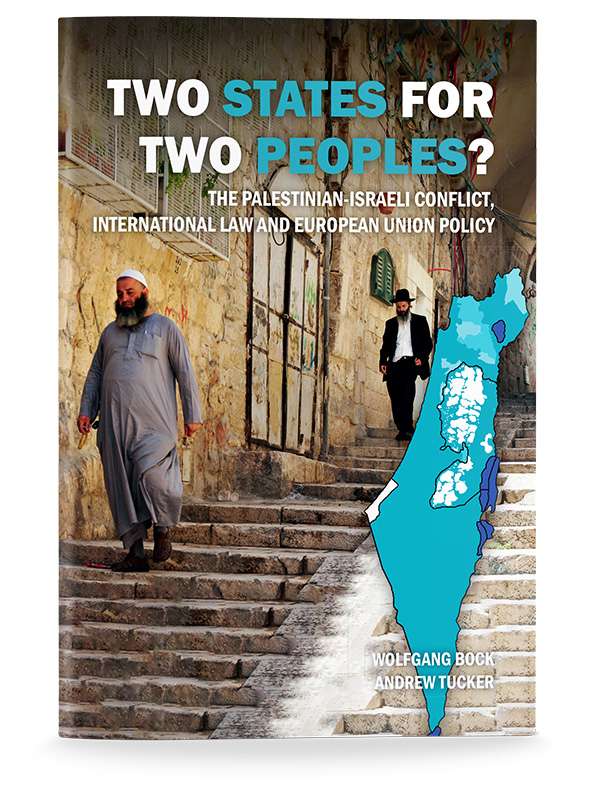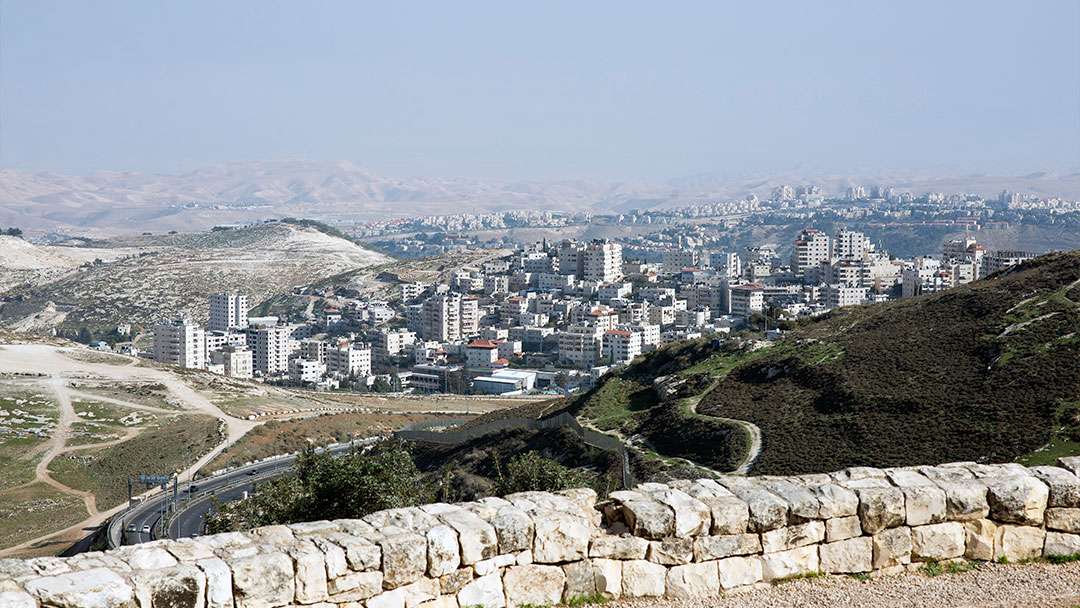The EU is supporting Palestinian take-over of Area C—in conflict with the Oslo Accords, and international law.
In the June 1967 Six Day War, Israel gained control of the Eastern part of Jerusalem (including the Old City), and Judea and Samaria—territory that had been illegally obtained and controlled by Jordan between 1949 and 1967, and became known as the “West Bank.” Since then, the West Bank has been in dispute. Israel claims sovereignty rights, and has declared willingness to trade “land for peace.” Important steps were taken in the 1990s, when Jordan abandoned its claims to East Jerusalem and the West Bank, and Israel entered into the Accords with the Palestine Liberation Organisation (PLO). Under the Oslo Accords, the Palestinian Authority was established, and the West Bank was divided into Areas A, B and C. Pending a final status agreement (which has never eventuated, thus far), the PA would govern Area A, there would be joint Israeli-PA control in Area B, and Israel was to have full civil and military control over Area C.
In a recently-leaked internal European Union policy paper, which created an uproar in Israel, European bureaucrats propose options to “contain” Israeli settlements (which are perceived as illegal) and “reinforce Palestinian presence in Area C.”
In fact, this was nothing new. It is well known that since 2012, the EU has spent hundreds of millions of euros to enable the Palestinian Authority to erect more than 20,000 buildings in Area C, in contravention of Israeli law.
For decades, the European Union has claimed that its foreign policy is grounded in European and international law. And yet its policies concerning Israel and the Palestinians—such as those concerning Area C—undermine the very law it seeks to promote.
By assisting the Palestinian Authority to build illegal constructions…the EU is breaching the very international law it claims to promote
In our recent study, Two States for Two Peoples?, published by Sallux, we expose how the EU uses international law as a cloak to justify policies that advance Europe’s political and economic interests.
Following the 1973 Yom Kippur War, the European Economic Community entered into an agreement with the Arab world. Europe was desperate to obtain secure access to Arab oil, and to be rid of Palestinian terror on European soil. The Arabs promised both. In return, they demanded that Europe allow Arab/Islamic immigration into Europe, and support Palestinian rights. The nine European states, influenced largely by De Gaulle’s antisemitic pro-Arab attitude, were only too ready to comply.
The result was the Euro Arab Dialogue (EAD): a set of institutions and policies implementing deep Europe-Arab political and economic ties.
The European “two-state” policy, developed since 1980, is based on the quid-pro-quo of the EAD.
In essence, the EU argues: international law requires a Palestinian state to be established within the “1967 lines,” subject only to minor territorial adjustments. East Jerusalem must become the capital of the Palestinian state.
However, rather than reflecting international law, this policy conflicts with international law.
First, Israel was justified in “annexing” East Jerusalem after the 1967 Six Day war, and has legitimate territorial claims to the West Bank. The “1967 lines” are not a border, but were merely Armistice Lines.
Second, the Palestinians have a right to self-determination, but not a right to statehood.
Third, Israel was entitled in 1967 to treat Judea and Samaria (the “the West Bank”) as occupied, under the international law of belligerent occupation. In so doing, it never abandoned its sovereignty claims to the territory.
Fourth, the Oslo Accords entered into between Israel and the PLO in the 1990s are binding treaties. They divided the West Bank into three areas: Areas A, B and C. Pending a final status agreement, Israel retains jurisdiction in Area C with regard to security, public order and all issues related to the territory, including planning and zoning.
True, the Oslo Accords require the parties to treat the whole of the West Bank as a “single unit”, and not to change its status. However, the Oslo Accords do not require the creation of a Palestinian state.
By assisting the Palestinian Authority to build illegal constructions in Area C, the EU is breaching the very international law it claims to promote.

This hypocrisy is not only immoral, it is fuelling Palestinian extremism. It must stop.
The report “Two States for Two Peoples?” can be accessed here: thinc.info/eu-two-state-policy-review












0 Comments